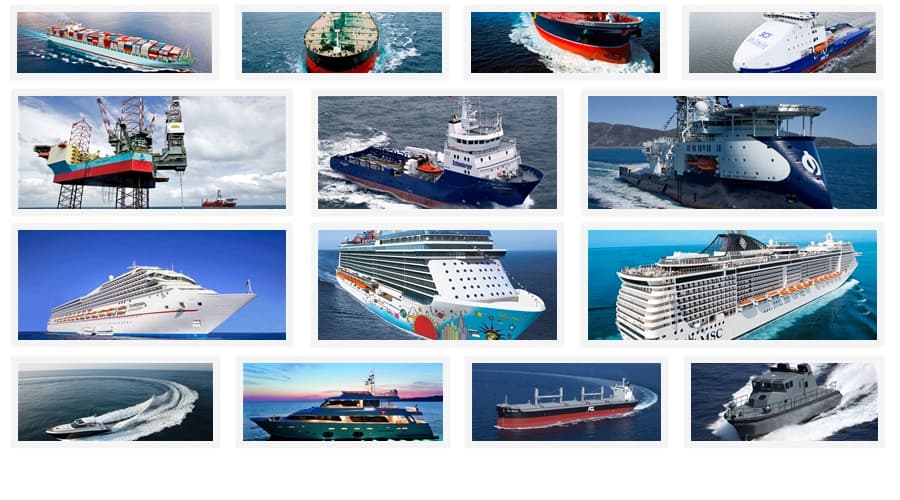Haeger & Schmidt International GmbH

The environmental argument for inland waterway transport
Especially in times of growing demand for environmentally friendly concepts, inland waterway transport is asserting its place as the mode of transport with the lowest energy consumption. On average, it consumes 67% less energy than lorry transportation and 35% less than by train. This also means lower CO2 emissions. The use of particle filters, innovative ship technologies and propulsion concepts also ensure the environmental performance of inland waterway vessels for the future. The noise emissions are lower compared to lorries and trains, meaning that there is no need for costly noise-protection measures. The noise-related savings of inland waterway transport can also be counted in terms of the positive environmental impact of this means of transport. (Source: Bundesverband der Deutschen Binnenschifffahrt e.V.)
Logistics interfaces: river-sea transport
We have developed thinking around inland waterway transport: our sea-river system offers the possibility of transporting goods to and from stations on the Rhine to the seaports in European coastal regions and beyond. This creates a larger radius for our customers, offering more value from a single source.
- Country ⚓
- Germany
- City ⚓
- Duisburg
- Address ⚓
- Frau Howatson Vinckeweg 22 47119 Duisburg Germany
- Mobile ✆
- Login, to view details.
- Phone ☎
- Login, to view details.
- Email ✉
- Login, to view details.
- Email ✉
- Login, to view details.
- Email ✉
- Login, to view details.
- Web-site 🔗
- Login, to view details.
Disclaimer:
Maritime-Union.com is a vacancy aggregation platform.
We do not represent companies unless explicitly stated.
Job listings are collected from publicly available sources.
Companies may request correction or removal at any time.
Show contacts
